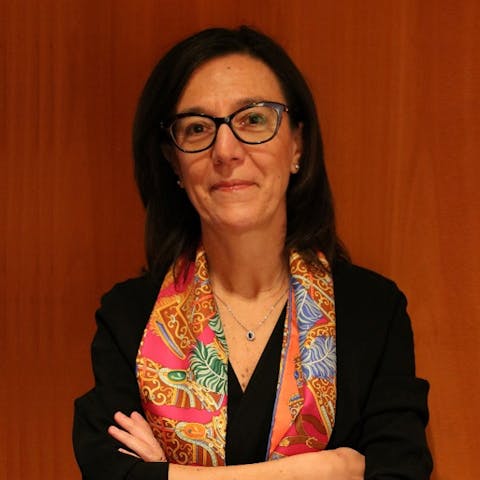
COVID-19 put telemedicine in the spotlight
European Cancer Patient Coalition
The pandemic brought digital health technologies to the fore and highlighted the obstacles facing telemedicine in Europe
As the pandemic unfolded across Europe, cancer patients were shown to be among the highest risk population of COVID-19. While it is too early to have definitive statistics, data from Italy during the beginning of the pandemic showed 20% of all COVID-19 mortality was among cancer patients.
As a ‘high-risk’ group, cancer patients have been advised to stay at home and avoid seeing their health care practitioner (HCP) unless absolutely necessary. We saw screening or follow up consultations suspended, generating psychological problems and distress among the cancer patient communities.
This comes with serious consequences. A study by UCL, suggests that there will be a 20% spike in the number of fatalities in newly-diagnosed cancer patients due to late diagnosis or treatment. In short, the effects of this disruption will continue well into the future.
It was clear to me from this pandemic that no health system in Europe or in the world was prepared to exploit digital technologies. Thus we saw hospitals and HCPs set up their own pragmatic telemedicine systems, calling their patients on the phone or via computer with a webcam. After a few weeks, more systematized telemedicine systems were put in place, and slowly we began using telemedicine as the norm.
What this outbreak did show us is that if our health systems were prepared to extensively use telemedicine or other forms of digital technologies to support cancer patients at home, many lives could have been saved during the emergency and in the long run.
But telemedicine still faces many obstacles. One of the largest barriers lies in the AI surrounding telemedicine technologies. Scientists are still limited in their ability to determine the precise logic or rationale behind an AI prediction. With data being isolated between competing institutions and a lack of a data collection infrastructure, it can be difficult to get an overall view of the data from contact tracing tools such as COVID-19 tracing apps.
I recently read an insightful report co-authored by Michel Beaudouin-Lafon, a computer science professor at the Université Paris-Saclay. He points to interoperability of these apps as a major blind spot. Simply put, it’s difficult to get these apps to talk to one another.
To successfully merge AI with clinical oncology and maximize its impact, there are knowledge gaps that need to be addressed. Currently, oncologists receive little training in data science and data scientists have little experience with oncological patients and issues.
We know telemedicine cannot be implemented overnight, but we can also be sure that proper training for scientists, clinicians and patients is needed if our system is to get the most from these tools.
For digital health solutions to work in the future, the user must trust and be fully confident in their interaction with the tools. Digital health still has a long way to go to achieve this. As we mark MedTech Week 2020 – which this year leans heavily on digital tools and virtual events – we must focus on how we can remove barriers to telemedicine.
Antonella Cardone, Director of European Cancer Patient Coalition (ECPC)
Antonella Cardone is the Director of the European Cancer Patient Coalition, which is the largest cancer patient umbrella organization in Europe with over 450 members from 49 countries. She has over twenty years of international activity in health, social and employment sectors. Prior to ECPC, Antonella was the Executive Director of the Fit for Work Global Alliance, a multi-stakeholder coalition championing change in health and work policy. She was previously Director of the Global Smokefree Partnership of the American Cancer Society, leading a movement of over 100 members to coordinate the development of smokefree laws in 40 countries. She holds a Master’s in Science and one in Business Administration. She currently represents ECPC on the Board of Pancreatic Cancer Europe.
